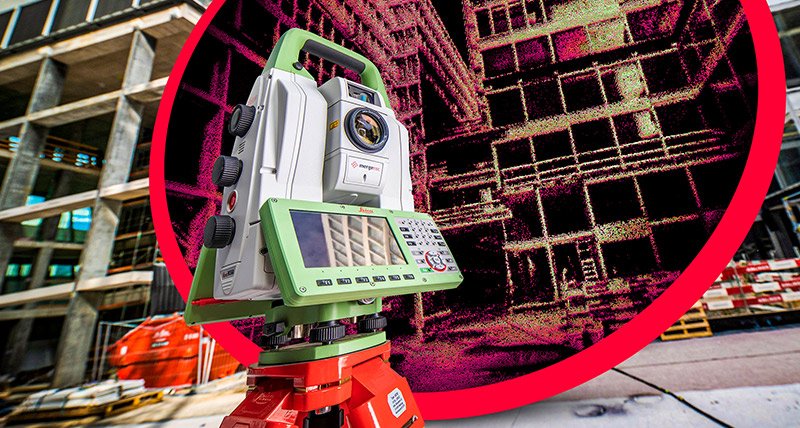Surveyors work on a variety of projects. From calculating plot size to measuring topographic heights, they’re also skilled in interpreting survey data and helping others plan construction.
Land surveying is a valuable service that helps you understand the land you’re buying or building on. It can help you identify issues with the soil and determine whether a plot is flood-prone or has other challenges.

Efficiency
Surveys are the keys to unlocking your property’s full potential. A comprehensive survey will allow you to plan and design your property in accordance with city planning rules, building codes, and any other regulations that may apply.
Land surveys involve a huge range of measurements and calculations. Whether it’s measuring land from the surface of the earth or in the depths of the ocean, or even polar ice caps, surveyors use maths and advanced software to get an accurate reading of a property’s boundaries.
Town planners often conduct land surveys before embarking on a formal plan. This helps them contextualise their plans against the reality of the surrounding area and ensure that any errors in their planning are addressed.
Land surveyors are also required to use specialised equipment when conducting these surveys, including levels, electronic theodolites, and Global Navigation Satellite System (GNSS) units. This ensures that the information provided is as accurate and precise as possible.
Valuation
Valuation is a necessary skill for anyone looking to buy or sell a property. It helps buyers determine how much a property is worth, and it benefits sellers by making sure that their asking price is fair.
Land surveyors use specialised equipment and methods to measure a property’s dimensions, identify its boundaries, and find its topographical features. They can also help you comply with town planning regulations if you’re relocating, renovating, subdividing or developing a piece of land.
A town planner works alongside a local council in accordance with a planning scheme to guide future development of cities, towns and regions. They may work in the public sector, or in private practice.
Planning
When a property owner wants to create permanent improvements on their land, such as a pool or fence, they often need to have it surveyed. This ensures the project meets all building codes and town plans.
A planner’s job is to balance different social, environmental and economic factors when official decisions are made about whether a piece of land should be developed. This can be on a local, national or regional level.
Chartered town planners are qualified to work in this career through an education and professional development route. They need at least 5 GCSEs (grades 9 to 4).
Planning is a broad area of work with many different skills required. It requires attention to detail, problem solving and negotiation skills as well as analytical and report writing abilities.
Tenancy
Land surveying and town planning is a large part of the puzzle and while it may not be for everyone, there are plenty of opportunities to pick up some of those coveted qualifications. When it comes to improving the value of your property, a bit of extra legwork is always appreciated. From sizing up your new yard to figuring out what you’re doing with the other half of the equation, it’s a good idea to arm yourself with the latest industry trends and news. The best way to go about it is to keep up with the movers and shakers in your field via networking events, professional development seminars and industry conferences.


